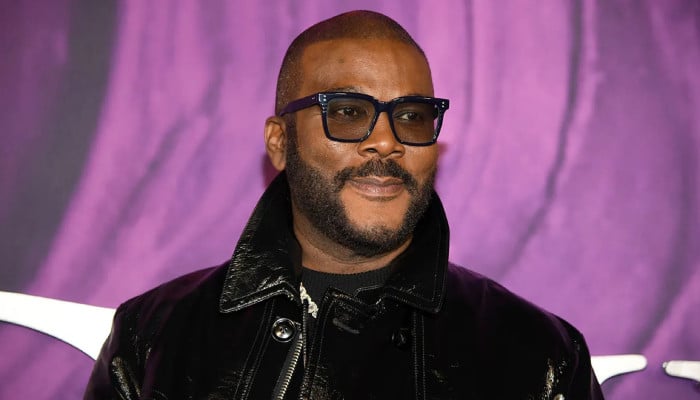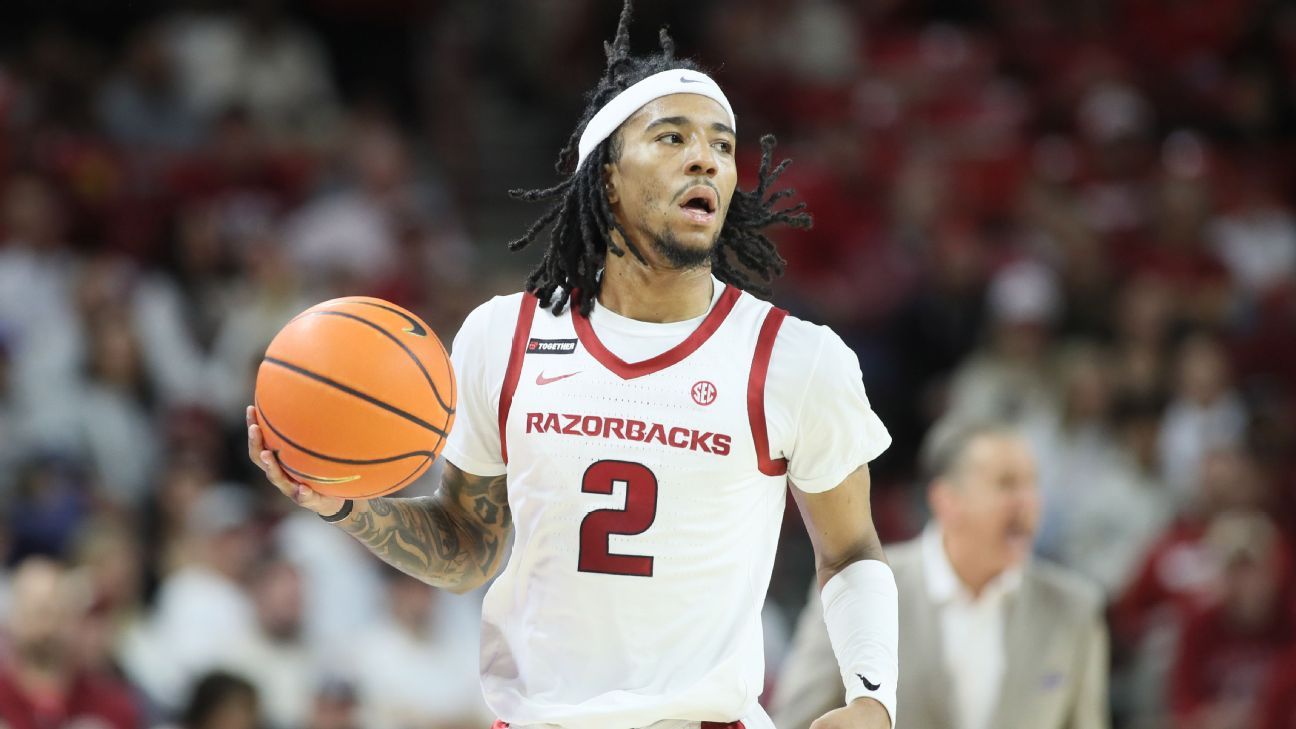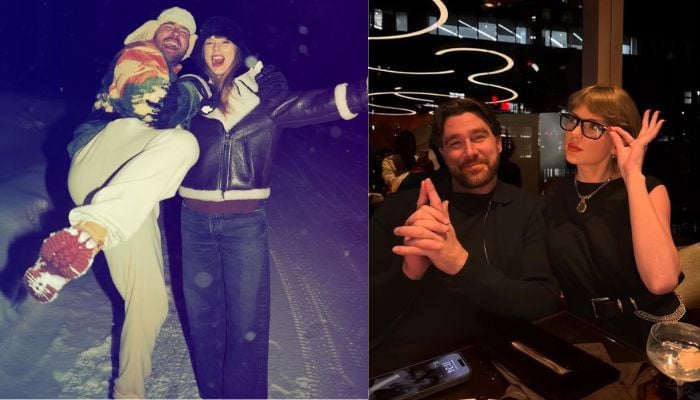Tyler Perry won’t support family financially anymore

Tyler Perry may be a billionaire, but that doesn’t mean he hands out money to his family without conditions.
In a recent sit-down on the YouTube series Den of Kings with host Kirk Franklin and guests Derrick Hayes and Jay “Jeezy” Jenkins, Perry got real about why he believes in responsibility over handouts, even when it comes to those closest to him.
During the conversation, the filmmaker shared a personal story about his aunt, who repeatedly asked him for financial help.
“She said she wanted a job. She would always call asking for money, I would send her the money,” he explained. Wanting to break the cycle, he offered her a job instead of more cash.
“I said, ‘Listen, I want to help you. I want to help you build this thing, not be welfare to you. So, let me give you a job.’”
However, the plan didn’t work out the way he hoped. Perry recalled that his aunt frequently skipped work or called off, leading him to make a tough decision.
“‘Well, you gotta go,’” he told her. “Because you want me to hand you the money, but you don’t want to work for it. See, that doesn’t work for me.”
That same approach carries over to how he’s raising his 10-year-old son, Aman.
Perry explained that if his son wants something, he has to earn it. “I don’t believe in giving us things that are just going to handicap us,” he said. “That is the worst thing you can do.”
After his mother passed away in 2009, Perry also had to enforce boundaries with other family members she had asked him to support.
He sent out letters giving them 60 days to find employment.
“I’m not going to keep supporting you like that,” he said. According to Perry, every person he addressed ended up finding a job.
“And it wasn’t even, like, jobs where they made a lot of money, but it was a job. It was something else for them to do, feel some pride in. That’s the same thing I would want someone to do for me.”
With a net worth of $1.4 billion, Perry’s wealth stems largely from owning 100 percent of the content he creates, including the wildly successful Madea franchise that has earned over $660 million.
Still, he remains committed to the idea that true support comes from empowerment, not dependency.
<!–


–>
<!–
–>
[title_words_as_hashtags




